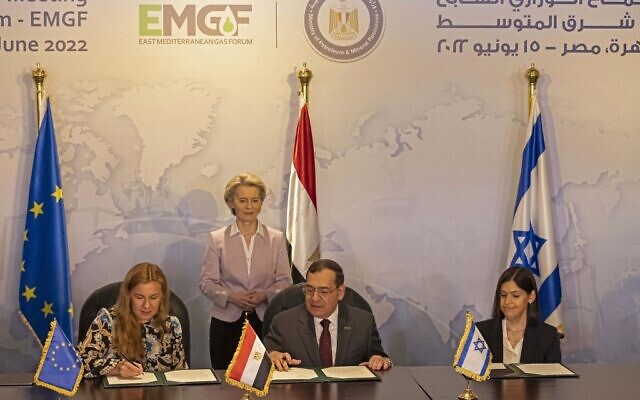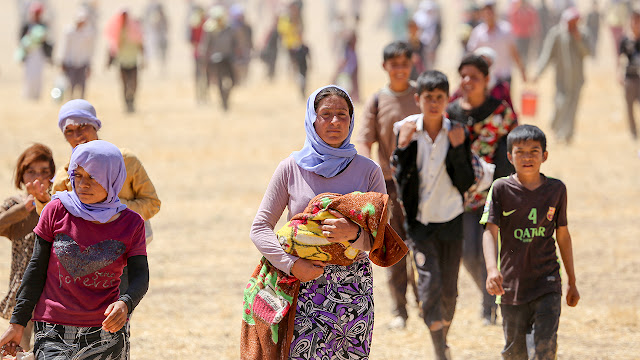OPINION: Building Stronger Communities: Genocide and War in Modern Europe, the case of Bosnia-Herzegovina
Building Stronger Communities: Genocide and War in Modern Europe: Bosnia-Herzegovina It was on Valentine’s Day, 1948, when Winston Churchill made his famous plea, ‘asking the nations of Europe between whom rivers of blood have flowed to forget the feuds of a thousand years.’ [1] It was a plea made to the backdrop of the most catastrophic war Europe and indeed the world, had ever seen. Amongst the greatest of calamities that befell the world between 1939-45 was the Holocaust, the systematic attempt to exterminate the Jewish people and other such people deemed undesirable by the Nazi regime. Yet neither war nor genocide were unique to the European continent in the early twentieth century. Armenians, Pontic Greeks and Ukrainians had all suffered genocidal violence prior to World War Two. So too had Europe experienced war: the Balkan Wars, World War One, Russian civil war, Irish civil war, Spanish civil war, to name a few. Thus, when Churchill made his plea for peace in 1948, ...









